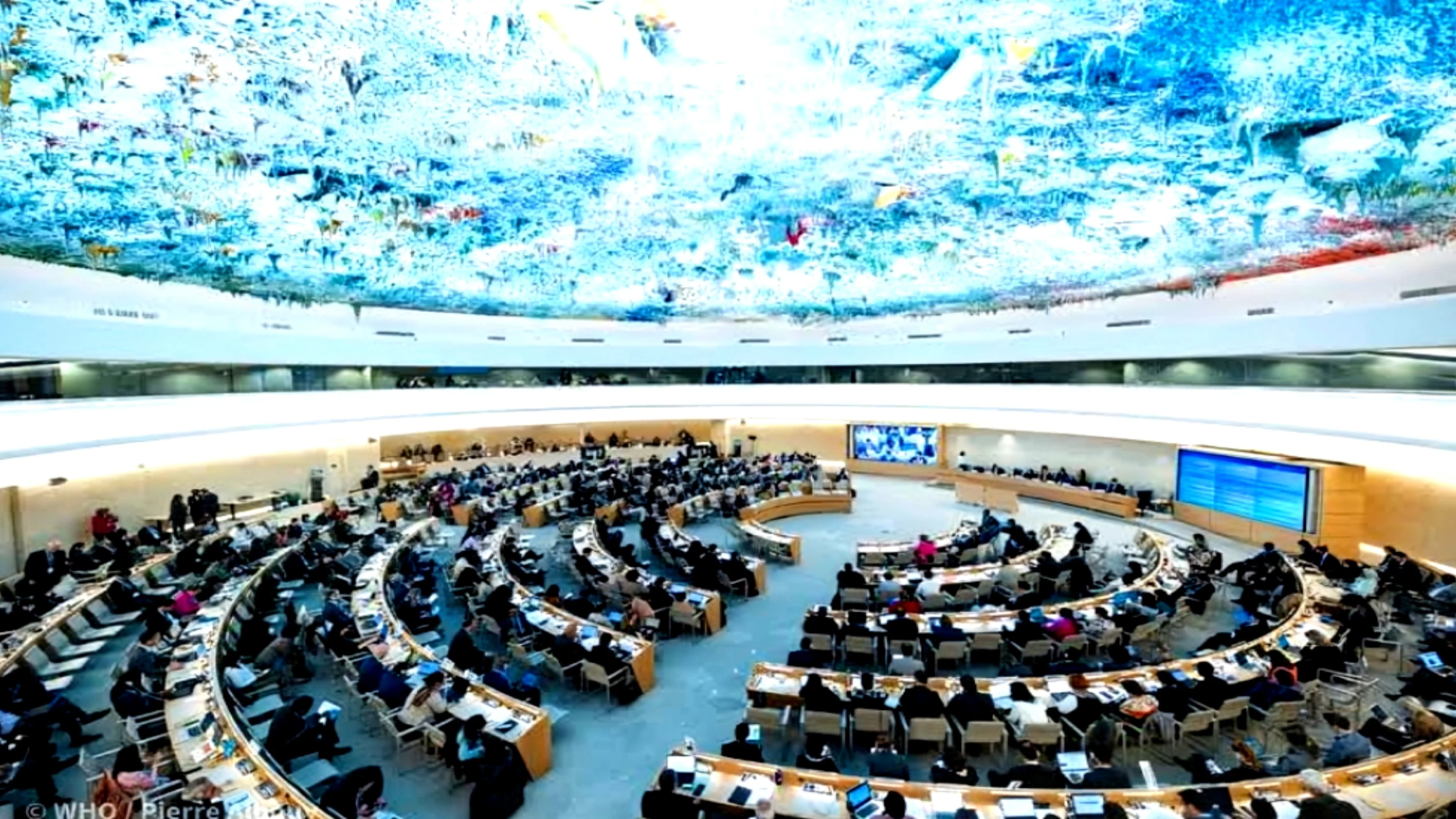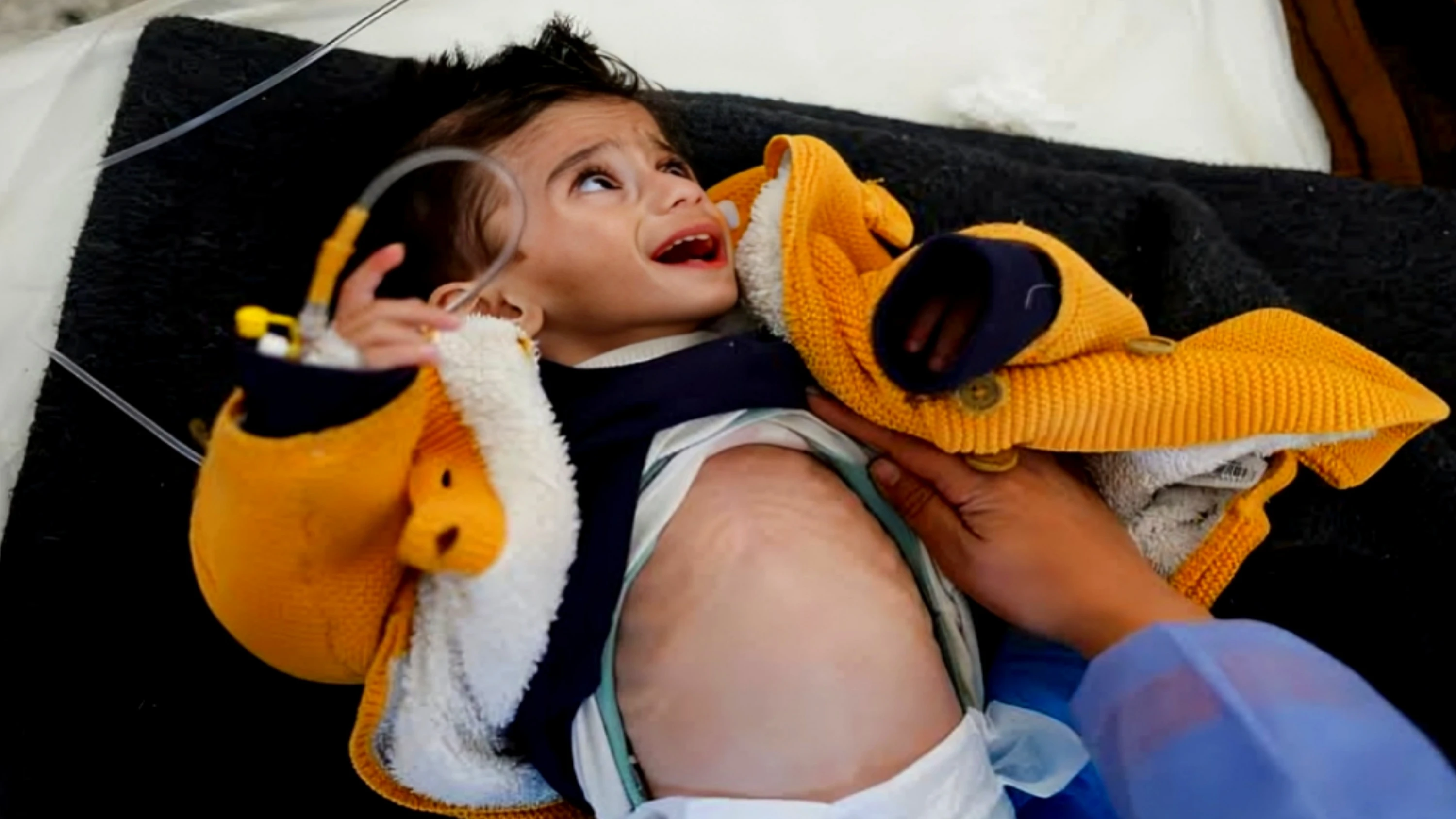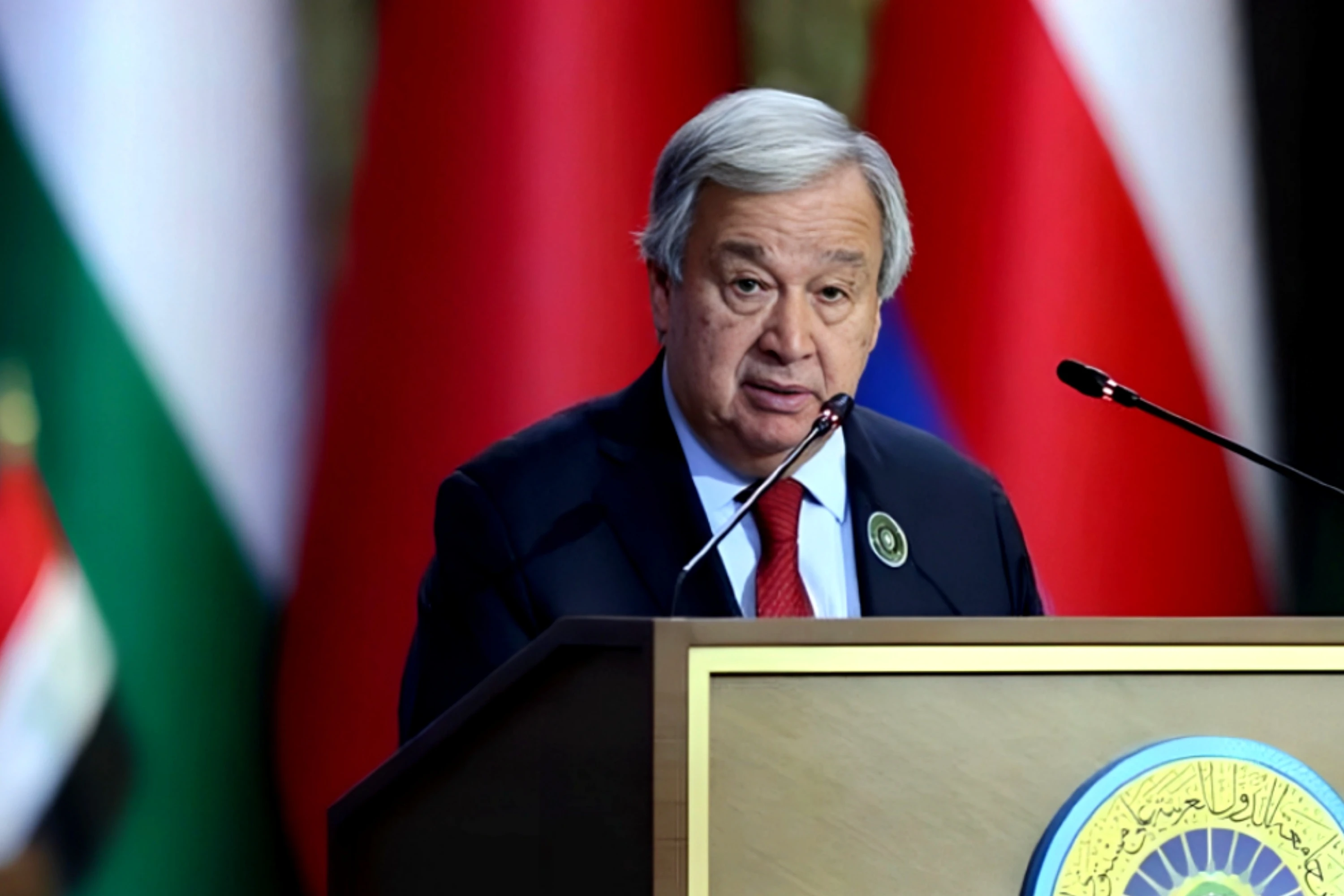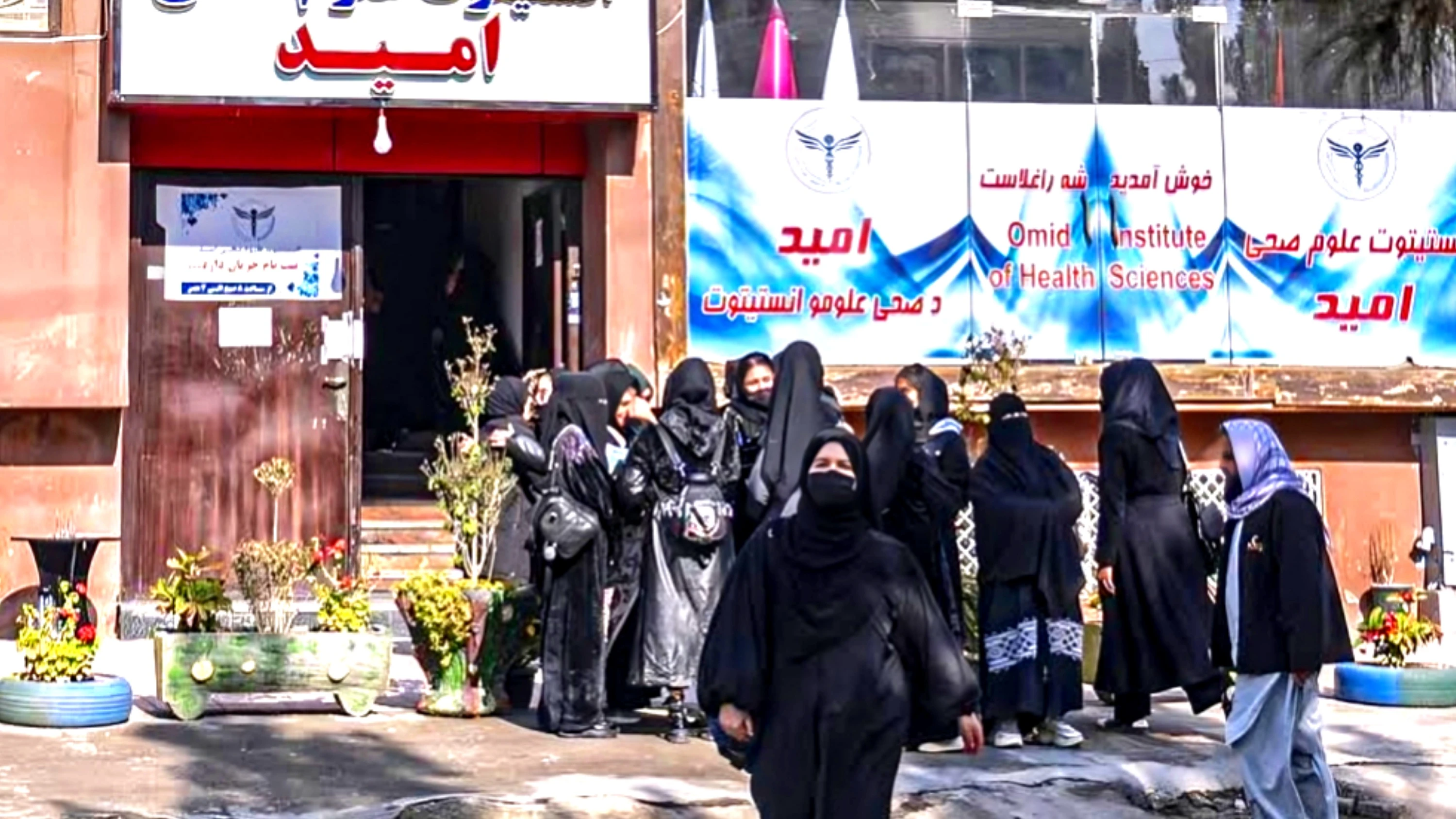Geneva: As the world continues to grapple with the aftermath of COVID-19, health leaders from across the globe are gathering in Geneva for one of the most important World Health Assemblies in recent history. Top of the agenda: preparing for the next pandemic, amid growing concern that the world remains vulnerable to another global health emergency.
This year’s Assembly, hosted by the World Health Organization (WHO), comes at a time of mounting geopolitical divisions and financial strain across the UN system. Yet, the stakes are high, and delegates will be tackling a range of urgent health issues — from climate change and universal health care to maternal mortality and chronic diseases.
The key discussions will include :
Pandemic Accord: A Pivotal Moment for Global Health Security
Negotiations are set to begin on a long-awaited international agreement aimed at improving how the world responds to future pandemics. The COVID-19 crisis exposed deep inequalities in access to medical tools and overwhelmed health systems globally. WHO Director-General Dr. Tedros Adhanom Ghebreyesus has called the draft pandemic accord “essential for future generations.” While there is cautious hope for consensus, political friction over national sovereignty and intellectual property remains a sticking point, particularly for countries like the United States.
Climate and Health: Tackling the Twin Crises
With more frequent extreme weather events and rising disease outbreaks linked to climate change, WHO is pushing for stronger integration of environmental and health policies. A climate-health action plan, originally proposed in 2024, is set to be finalized. It aims to build resilience in health systems and secure funds for the world’s most climate-vulnerable communities.
Universal Health Coverage: A Stalled Ambition
Despite being a core component of the UN's Sustainable Development Goals, universal health coverage has seen little progress in the past decade. Delegates will now revisit strategies to strengthen primary care, broaden access to health services, and ensure sustainable financing — especially in underserved regions.
Maternal and Newborn Health: Urging Action on Preventable Deaths
Every year, hundreds of thousands of women and over two million infants die due to complications that are largely preventable. WHO’s new campaign, “Healthy Beginnings, Hopeful Futures,” is urging governments to do more. This week, new targets to reduce maternal and newborn mortality are expected to be adopted.
The Growing Burden of Noncommunicable Diseases
Heart disease, cancer, and diabetes continue to cause the majority of deaths worldwide, particularly in low- and middle-income countries. The Assembly will evaluate efforts to tackle these illnesses ahead of a major September summit on NCDs and mental health. Key discussions will focus on improving access to diagnostics, treatments, and palliative care.
WHO’s Financial Crunch: A Turning Point
The financial health of WHO is also on the table, as the organization faces an acute funding crisis. With the U.S. recently confirming its withdrawal from WHO and other donors scaling back, member states will debate a proposed 50% increase in WHO’s core budget. Additional voluntary funding pledges may also be announced during the week to shore up support.








